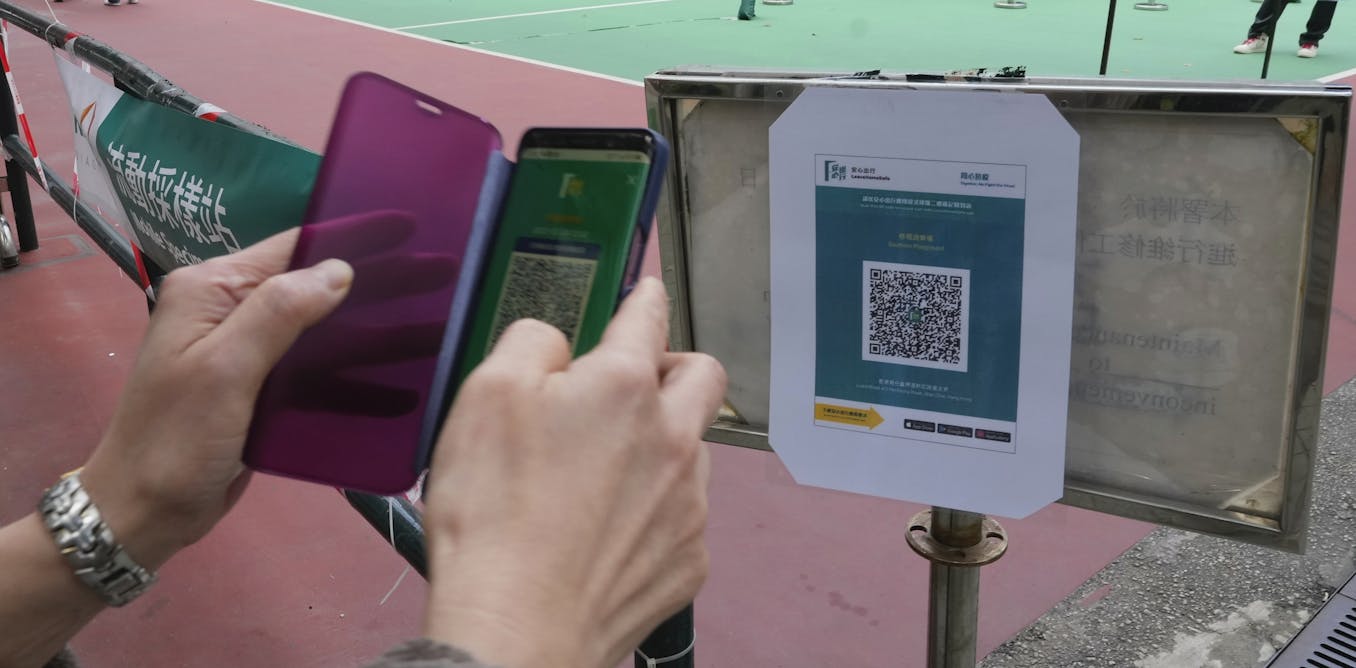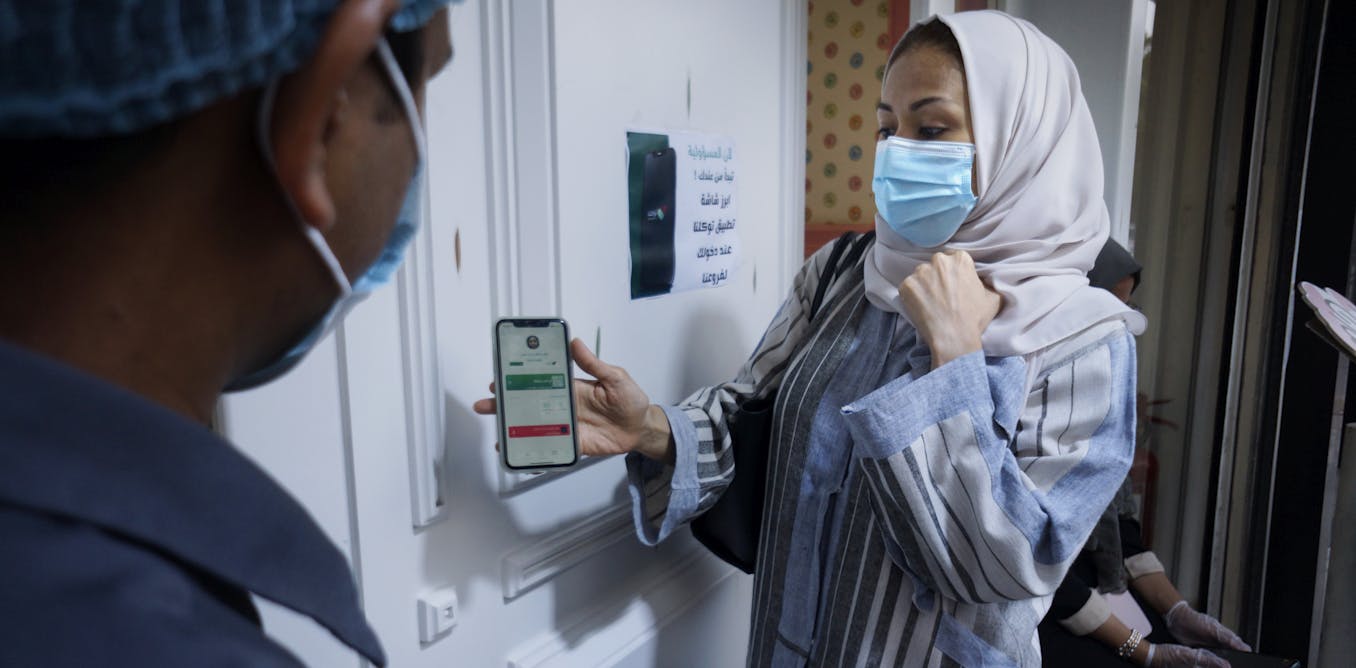Therapy on the go: Mildly depressed or simply stressed, people are tapping apps for mental health care
How do mental health apps compare to in-person therapy? A social worker and expert on technology and human services explains.
June 6, 2022 • ~8 min






